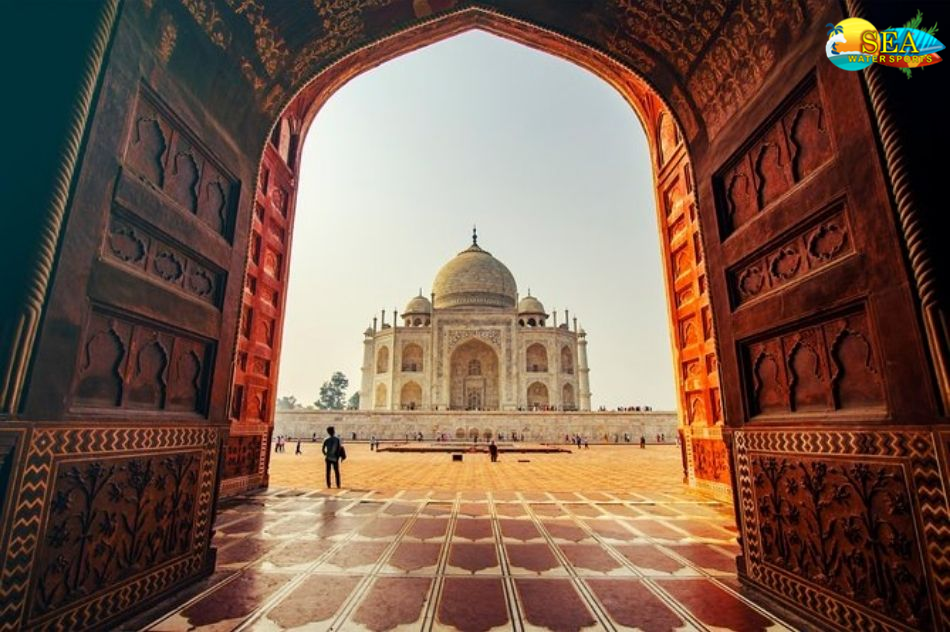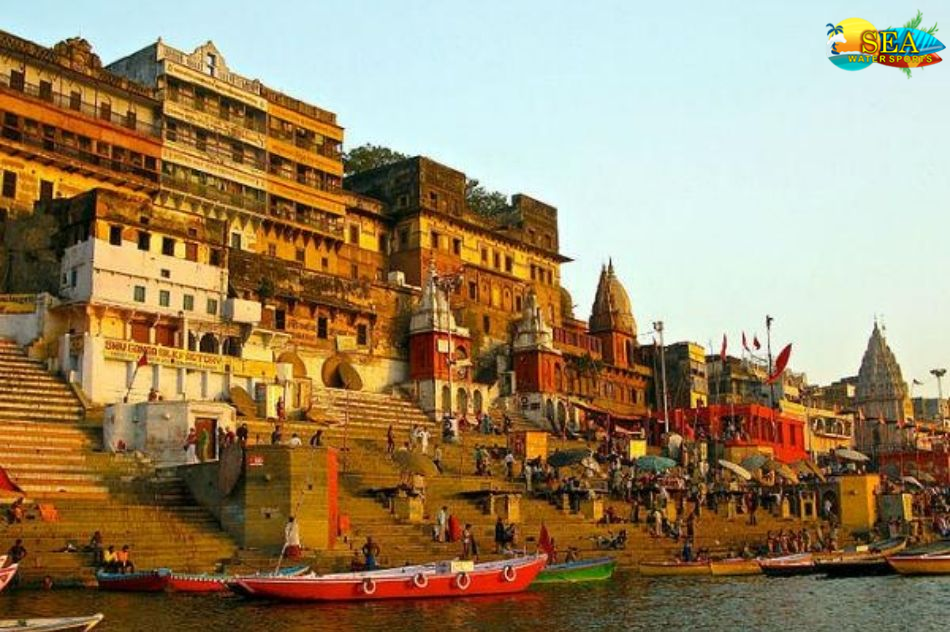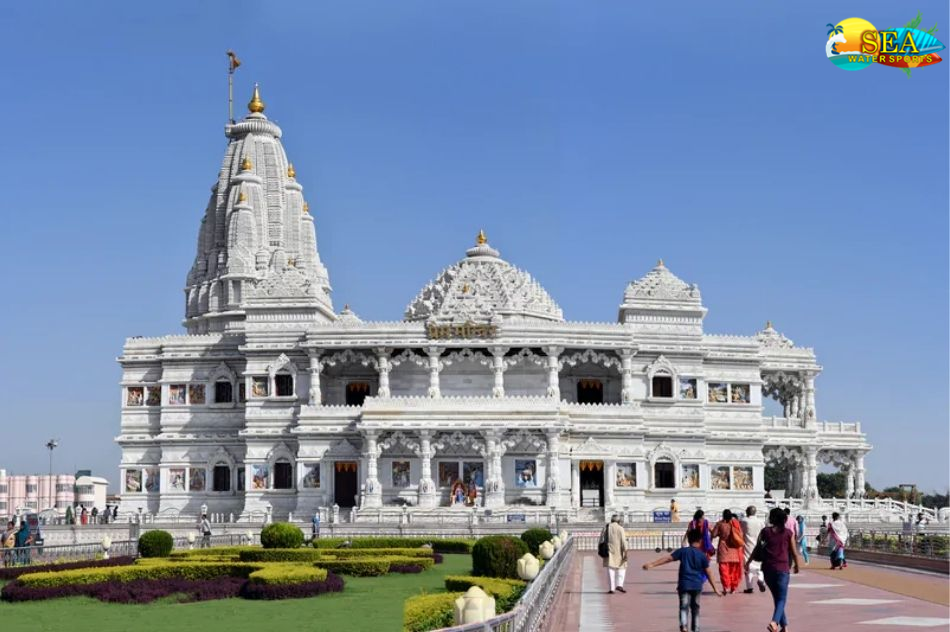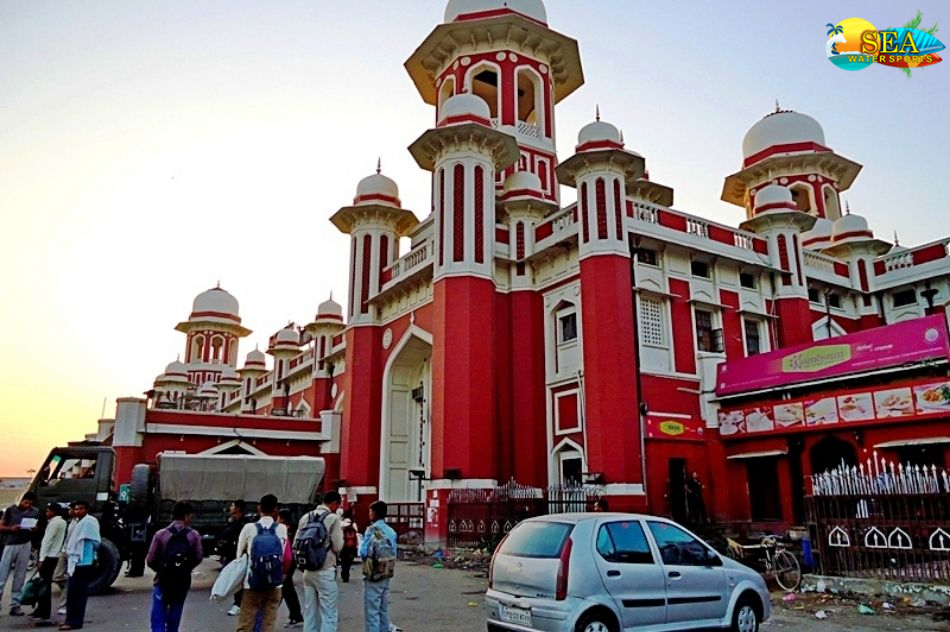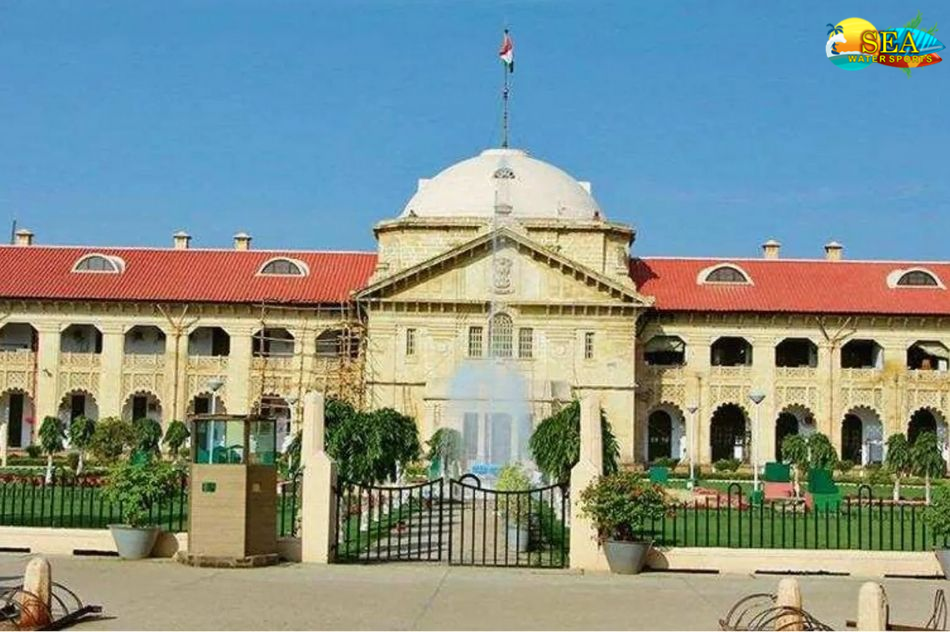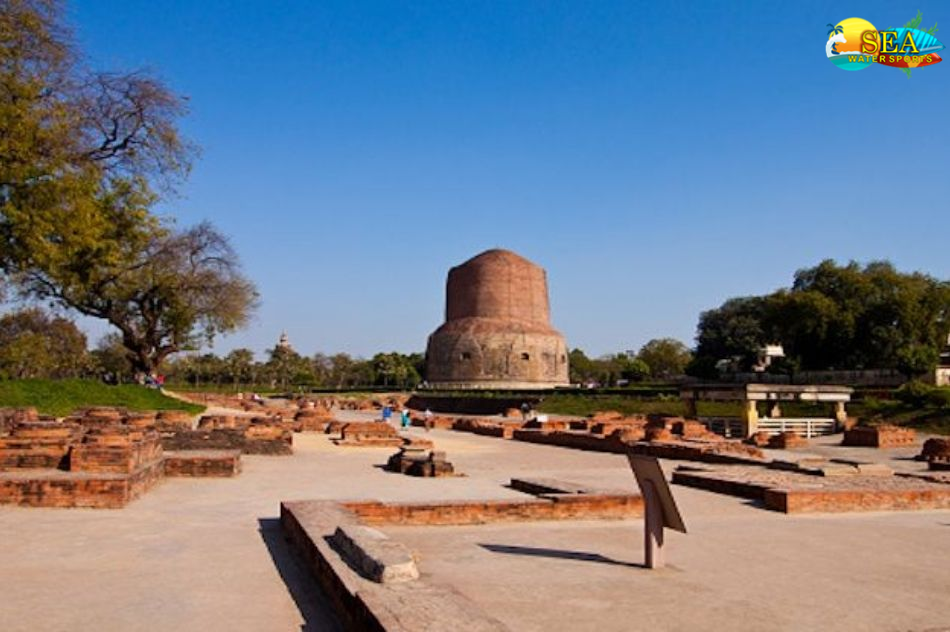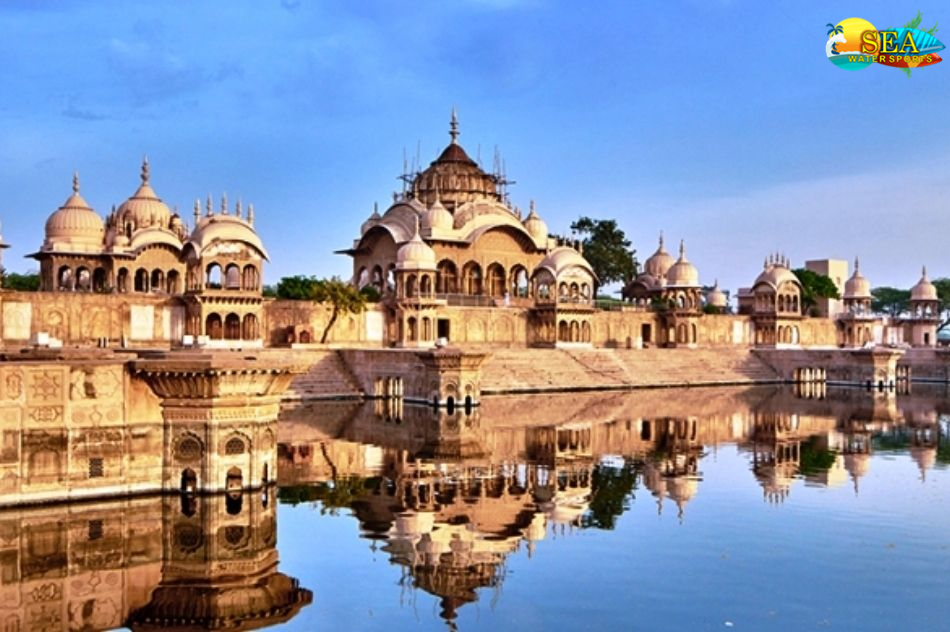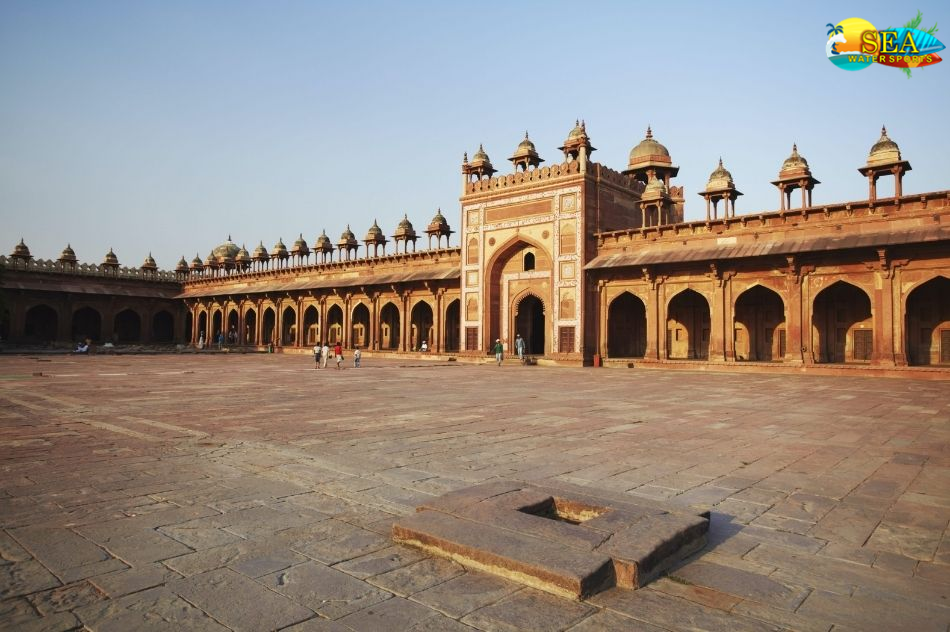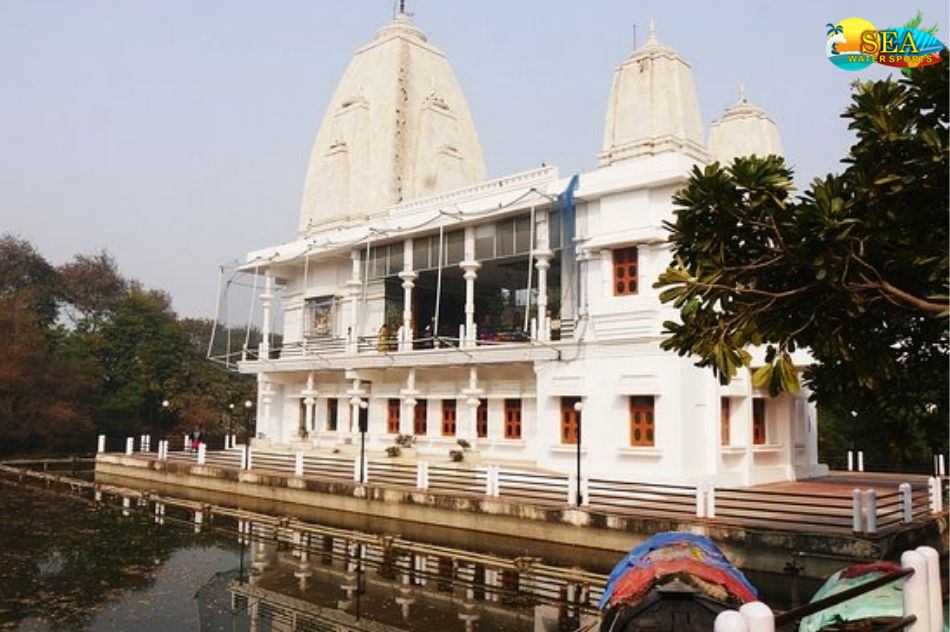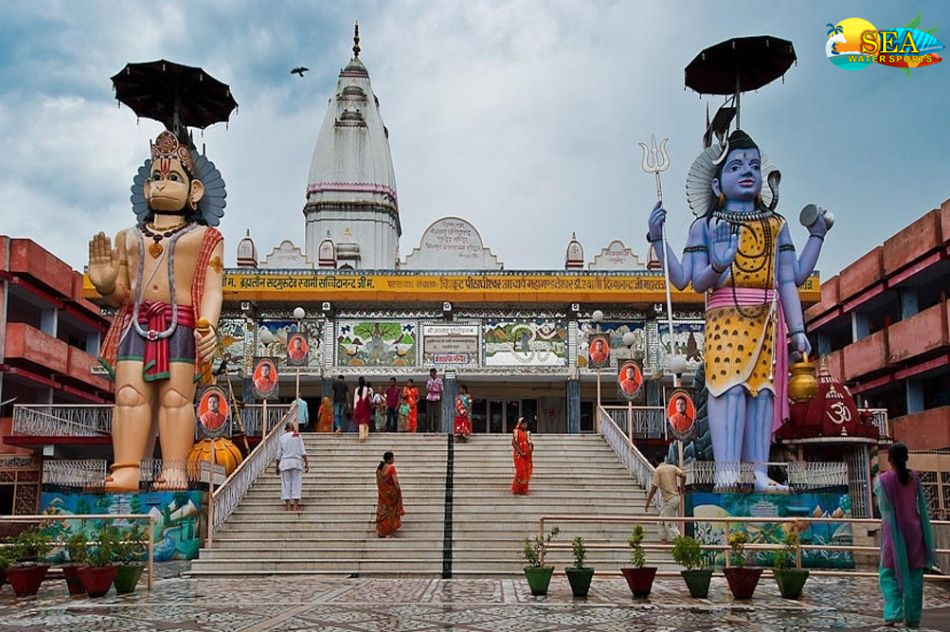More Places In Uttar Pradesh
Sign In
Sign Up
Use the username and password that you specified when registering on the site
Sign Up
Sign In
Fill in the registration form and save your favorite tours, synchronize them on all devices
Forgot password?
Use the e-mail and password that you specified when registering on the site
V
Setting
Change password
Authorization through social networks
Contact Us
But I must explain to you how all this mistaken idea of denouncing pleasure and praising pain
Success
Your booking was successfully done. We will contact you shortly


